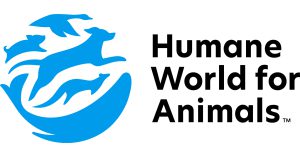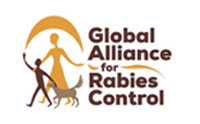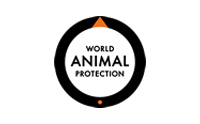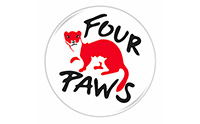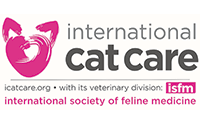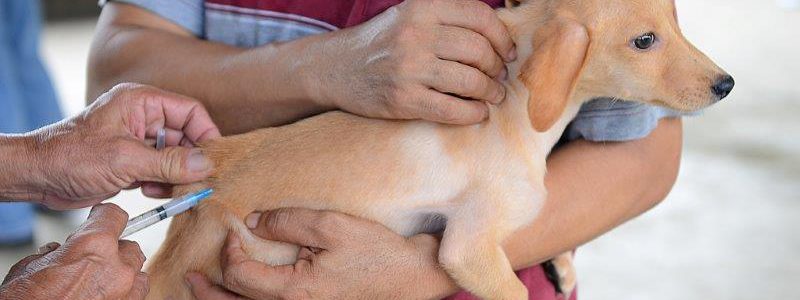
We were so sorry to learn of the recent death of Yvonne Ford. Yvonne died after being scratched by a rabies-infected puppy earlier this year.
As a holidaymaker in an unfamiliar country, Yvonne Ford didn’t know that this scratch was so dangerous. Writing in a public post on Facebook, her daughter Robyn Thomson wrote: “She was scratched very slightly by a puppy in Morocco in February. At the time, she did not think any harm would come of it and didn’t think much of it. Two weeks ago she became ill, starting with a headache and resulting in her losing her ability to walk, talk, sleep, swallow.”
Yvonne sadly died on 15 June, and her family have chosen to speak up about her death “in the hope of preventing this from happening to others.”
59,000 people around the world die of rabies every year. That’s someone dying of rabies every 9 minutes. But although it is fatal once clinical signs appear, rabies is entirely avoidable.
Rabies education and taking fast, simple action can save lives. The first action to take after being bitten or scratched by a dog or cat potentially infected by rabies is to thoroughly wash the wound with soap and water for at least 15 minutes – this simple immediate action eliminates the majority of the virus. If you are bitten or scratched while travelling, you should always follow up by accessing health care in-country, or even when back in your home country.
Most rabies deaths are in Africa and Asia, and nearly half of the victims are children under the age of 15. This is a neglected disease that mostly affects the most vulnerable in societies around the world – those who cannot reach post-exposure treatment in time, or at an affordable price.
What is so tragic is that rabies is could actually be eliminated – it’s a virus that hides in dogs, who are known as the ‘reservoir’ species. But they are also the soldiers in the war against this ancient and deadly virus. Affordable and highly efficacious vaccines provide dogs with immunity against rabies. You just need to vaccinate enough of the dog population to create herd immunity so the virus cannot escape.
Sadly, Morocco has been culling free-roaming dogs for years, rather than vaccinating them. And because culling is a wholly ineffective and inhumane approach to dog population management, the virus lives on in the surviving dogs, and spreads as they continue to reproduce and rebound from culls.
We urge Morocco to change its strategy: it is mass vaccination – not mass culling – that would prevent such a tragedy happening again to visitors and the citizens of Morocco.
Effective dog population management (DPM) through sterilisation strengthens herd immunity by preventing unwanted rabies-susceptible puppies. Our conference this month (June 2025) addresses this under the theme of One Health – with examples of how protecting the health of dogs also protects the health of people.
- Find out more about our conference on DPM and One Health here: https://www.icam-coalition.org/conferences/6th-international-conference-on-dog-and-cat-population-management-2025/
- Learn more about rabies from our coalition member the Global Alliance for Rabies Control https://rabiesalliance.org/

